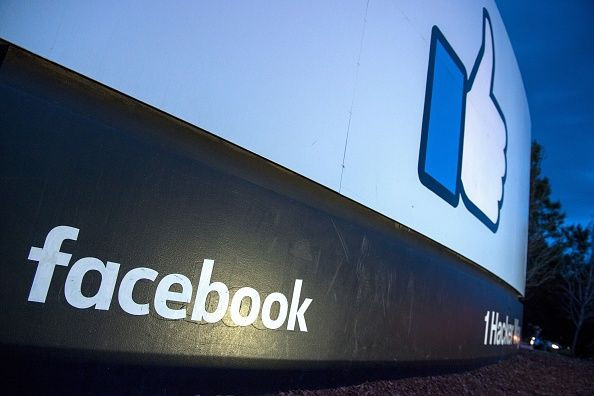Facebook Wants To Become A Source For 'Trustworthy News'

Facebook (NASDAQ:FB) has long been a source for news, but it hasn't always had the reputation to back it up. Over the last couple of years, users have become less trusting of the content they find on social media after reports of misinformation, disinformation, and election interference surfaced following the 2016 U.S. elections.
That's why Facebook has approached several media companies to help launch a new product in the app, according to a recent report from The Wall Street Journal. It's willing to pay publishers up to $3 million to license the rights to their content for a dedicated news tab specifically for established news sources. "It's important to me that we help people get trustworthy news," CEO Mark Zuckerberg wrote in a Facebook post introducing an interview he did with Axel Springer CEO Mathias Dopfner earlier this year.
Regaining users' trust in the news content they find on Facebook could help the social media company reinvigorate engagement on its core platform and fend off competition from Snap (NYSE:SNAP) and Twitter (NYSE:TWTR).
Nobody trusts what they read anymore
While the bulk of American adults still get their news from social media, the majority of those news readers think what they find on social media is largely inaccurate, according to a Pew Research poll from last year.
Facebook is a top source for news from social media, attracting more than twice as many news readers compared to the next largest social platform. Forty-three percent of Americans say they get at least some news from Facebook. That compares to 12% for Twitter and 5% for Snapchat. Even when adjusting for their relative user bases, a comparable percentage of Facebook users (67%) get news from the platform compared to Twitter users (71%), despite the latter's reputation for breaking news before traditional media outlets.
Facebook's popularity, its prominence as a source for news, and the public's growing mistrust of the content they find on the platform -- not to mention their mistrust of how the company handles their data -- has had a noticeable impact on Facebook's engagement.
Facebook has steered the ship in that regard, moving its News Feed away from viral videos and posts from public pages, and pushing users to engage more with Stories. That said, the changes have worked well for Facebook, as ad engagements continue to climb.
Giving users a dedicated section of the app for news stories from trusted sources, however, could reinvigorate engagement among Facebook's core audience. News could become something users seek out on Facebook instead of passively consuming it as part of the experience.
Cutting off Twitter and Snap
After several years of struggling to engage users, Twitter has shown improvement over the last few years. Twitter's daily active user growth accelerated in each of the first two quarters of the year, rising 11% and 14% in the first and second quarters, respectively.
Twitter has taken steps to make it easier for users to find what they're looking for when they log in. Management says improved relevancy of its timeline and notifications helped drive user growth in the second quarter. It's also organizing content around events and topics to help users seeking out specific news items.
Snap, meanwhile, is investing in more content for its Discover section, including news content. Management highlighted its partnership with ESPN during its second-quarter earnings call, with the sports news network expanding to four shows for the app. Snap has partnerships with many publishers including The Wall Street Journal and The Washington Post. Snap is finally starting to attract new users to its platform, surpassing 200 million daily active users last quarter after a year of stagnation.
While Facebook is still the dominant source for news from social media, Twitter and Snapchat are coming on strong with product and content improvements. Facebook's shift in focus to more personal content has left it behind the competition. And while consumers say they don't fully trust what they're reading on social media, it doesn't mean they don't have an appetite for news content. Facebook could cut off the growing competition by giving users access to what they want.
This article originally appeared in the Motley Fool.
Adam Levy owns shares of Facebook. The Motley Fool owns shares of and recommends Facebook and Twitter. The Motley Fool has a disclosure policy.





















